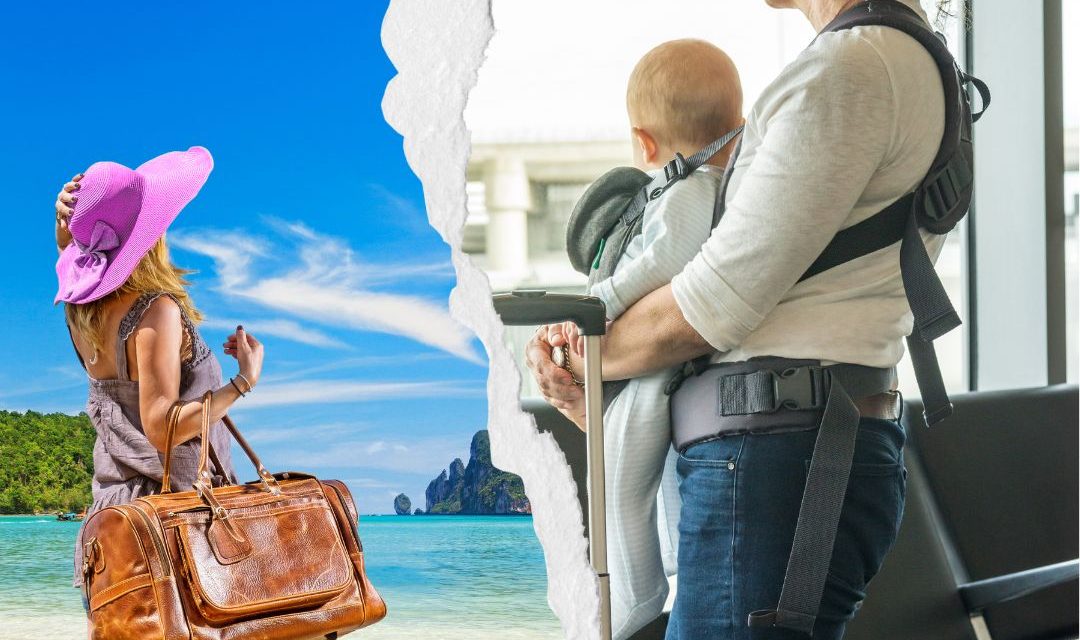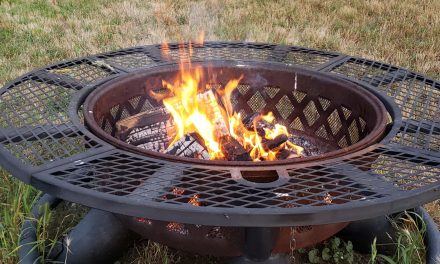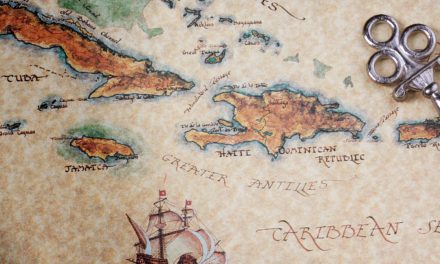It’s inevitable.
One day you’ll be working through your Action Steps and the questions will start. People are curious by nature. People are prone to worry about their loved ones especially as they take steps toward this foreign concept of extended travel. People want to be able to answer the questions they’ll be receiving from their own friends…questions like “why is your relative doing this?”
Taking the time to prepare yourself for the inevitable questions is important. It’s value becomes apparent very quickly when you are able to meaningfully respond to questions from relatives and friends. It’s why we begin this process by asking you WHY and to define your dream-level travel goal. Yes, goals will change over time, but it’s still important to know where you’re starting and which direction you’re heading. That knowing enables you to answer these kinds of myth questions intelligently and with care.
“Isn’t Travel Expensive?“
It’s the number one question people ask.
The short answer – “How are you defining travel?“.
You’ve saved up money and are ready to have fun on your annual vacation. Typical one to two week vacation trips are filled to the brim with every possible experience you can jam in to your vacation. Your expenses include airfare, rental cars, destination resorts & hotels, souvenirs & gifts, all of your meals eaten out, maybe a new wardrobe, activities & entertainment, and any emergency costs that crop up. All of these vacation expenses are in addition to your regular monthly expenses like your mortgage & home insurance, cars, etc…
Yes, that’s expensive. Potentially very expensive.
Vacations add expenses to your monthly budget.
Extended travel, on the other hand, replaces many of your monthly expenses with different monthly expenses over which you have much greater control. How fast or slow you travel can directly impact your monthly expenses. You can adjust your budget allocations on the fly because you have options. Options are your best friend in extended travel when it comes to managing your budget.
Let’s take a quick look…
| Expenses | Vacation | Extended Travel |
|---|---|---|
| Food | Restaurants Cooking at vacation rental | Cooking at home Buying food/meals at local stores & bakeries Occasional restaurants |
| Housing | Monthly rent/mortgage Yearly real estate taxes Monthly homeowner’s insurance Monthly HOA fees + Hotels Resorts Airbnb | RV: loan & full-timer’s insurance Boat: loan & full-timer’s insurance Discounts for longer-stay at rentals, RV parks or boat marinas RV free: boondocking Boat free: on the hook House free: house-sitting |
| Clothing | + vacation specific clothing | Smaller wardrobe worn more frequently |
| Transportation | Monthly vehicle loans/insurance + airfare rental car trains buses cruises | Monthly vehicle loan & vehicle insurance (if towing with an RV or driving to house rentals) Airfare Trains Buses Cabs/Uber |
| Fitness | Monthly gym membership + vacation passes to activities | Free: Walking, hiking, Local rentals: Bicycles, water sports |
Longer stays in one location can reduce your expenses even further. Many hosts on Airbnb and VRBO list nightly rates (the highest), weekly (discounted) and monthly rates (even greater discount). Boaters often spend as many nights ‘on the hook’ (anchored in a protected bay rather than in a marina slip hooked up to utilities) as possible to dramatically reduce or eliminate their housing expenses. RVers often ‘boondock’ (not hooked up to utilities, usually free) spending the night on national forest land or finding a free spot through Harvest Hosts’s Boondocker’s Welcome (click this link for a discount on your initial membership) or Overnight RV Parking.
Time of year also affects rental rates. Every location has a high season (highest price) shoulder season (average price) and low season (lowest price). The shoulder season occurs as the transition between high and low seasons. Beach locations have high season when it’s warm while ski areas have high season during the winter. Weekends tend to be more expensive than week days. Cities tend to be more expensive than outlying areas. In general, the most desired time is always the most expensive, but with longer stays, you can take advantage of the changing rates even during high season!
Creative budget management is key to keeping your finances balanced during extended travel. Since you have control over where you stay (vs a fixed mortgage) and how far and frequently you travel, you can change your budget priorities on the fly. Let’s say you want to enjoy the restaurants during your stay in Italy. To keep your overall budget balanced, you can adjust where you stay and the types of activities you enjoy. You might also spend a month in one location where housing is less expensive and take day trips to surrounding areas rather than moving every few days and paying a nightly hotel rate.
Bottom Line = extended travel is relatively inexpensive as long as you remember to replace, not add on to your monthly expenses!
“Our extended family is worried they’ll never see us again”
Do you go on regular vacations with your family now? Do you gather for the holidays with your family now? Are you worried that you won’t be able to do those things if you travel for an extended time?
One of the most exciting possibilities with extended travel is creating new memories in new places with your extended family and friends! You can still take a vacation to meet someplace in between where you are based and where they live. Or they can plan to come visit you. Or you can plan to travel home for regular visits that include family time plus taking care of medical checkups and dental visits.

Keeping in touch on a regular basis is incredibly easy. Digital picture frames, like the Skylight Digital frame, are a fantastic way share daily photos with your family without having to go through social media. Video calls that work off of WiFi (not cell provider dependent) are easy with Facetime, Zoom, Skype, Signal, Telegram or WhatApp. During the pandemic, we all learned a lot of tricks for keeping in touch. They might not be optimal, but they’re a way to keep your extended family and friends actively involved in your adventures and daily lives.
Set a regular time each day or week to make those calls. Bring them along on your adventures through video calls. It will reassure your family that they’re still a priority and that you’re only a plane trip (or drive) away if they need you.
“Aren’t you always on vacation?”
Ha ha ha ha! I love this question. The short and obvious answer is a definite NO, but that’s rude and doesn’t help the people you love and care about develop a realistic understanding of this new lifestyle you’re jumping into.
When our sons were younger, our typical week day consisted of Dave working in our motor home. Since he didn’t have a dedicated office space (the desk is in the living room), every time he had a tel-meeting we all had to be silent. During those hours, the boys would be working on computer based homeschooling, reading, playing with their Lego in another part of our rig or playing outside. I’d be planning and researching the next stops on our trip, grocery shopping (small fridge/freezer means more frequent shopping) or running errands.
A couple of times each week we’d be out the door in the morning. I called them ‘field trips’ to match conventional schooling terminology in case we were questioned by locals wondering why our kids were out of school during the day. We’d head to a local national park, historic site, state capital or whatever was in the area, but the focus was always educational. Lunch was eaten out (usually enjoying local dishes) and we’d be back shortly after Dave finished working for the day.
Dinner was cooked at home and during the evening we’d spend time as a family, hand wash dishes, shower, etc… Our week days looked remarkably similar to a ‘living in a house’ day.
Weekends were for adventuring out as a family (we couldn’t let Dave miss out on all the fun!) or packing up and traveling to our next destination. We moved every few weeks/months depending on the time of year and our location.
After a few months of traveling we really understood what our fellow extended travelers meant when they said they still needed to take occasional vacations.
When people started asking me this question, I’d reply with “Only if you consider having to manually pull the drain valve every time you want to empty your black/poop tank, hand wash all your dishes and spend hours researching where to park your home on the regular taking a vacation.” It quickly drove the point home that in some ways we were actually having to do MORE work than if we still lived in a house and that’s no one’s idea of a good vacation!
One of the best ways to answer this question is to describe what a typical day will look like and then make direct comparisons between what you’ll be doing and a task/activity they’re already comfortable with. Carefully choose the terminology you use. Saying “we’re traveling” sounds more like a vacation than focusing the discussion by saying “we’re extended traveling in order to focus on ______”. In our case our focus was two fold: for the kids to learn first hand about American history, civics and science and for Dave & I to check out parts of the country we’d never explored to discover where we’d like to plant roots as a home base.
Whatever your dream-level travel goal is, clearly defining it up front (knowing full well it will change and evolve as you travel) makes answering these kinds of questions much easier!
Myth questions can arise for a variety of reasons. Try taking some time to ask gentle questions to figure out what is motivating the questions. If it’s genuine concern you can respond with thoughtful information that directly addresses their fears. If it’s genuine interest, you can be more adventurous in your answers. If it’s an attempt to sabotage your plans, have some ready-to-go answers and be firm in your delivery.
Patience is key. Most people asking these questions care about you, worry about you and probably don’t have any clear understanding of what your new lifestyle will look like. We consider ourselves ambassadors to this lifestyle and we answers questions knowing we’re introducing people to a foreign culture. That perspective shift gives me all the patience I need to thoughtfully explain what seems to others like a bonkers plan!
Disclosure: Please note this post may contain affiliate links. This means – at no additional cost to you – we earn a commission if you make a purchase using our links. We only link to products and companies we use and recommend. The income goes toward supporting the free content on this site.





